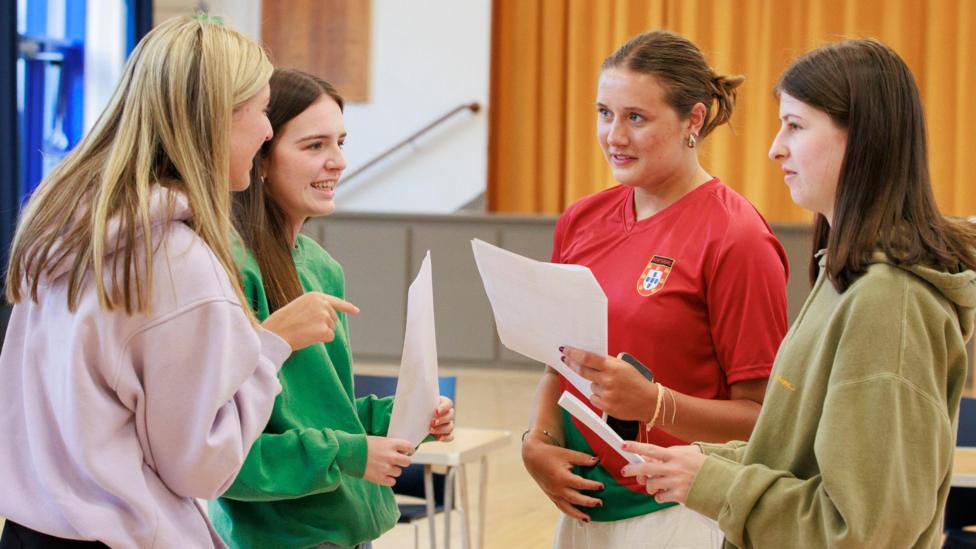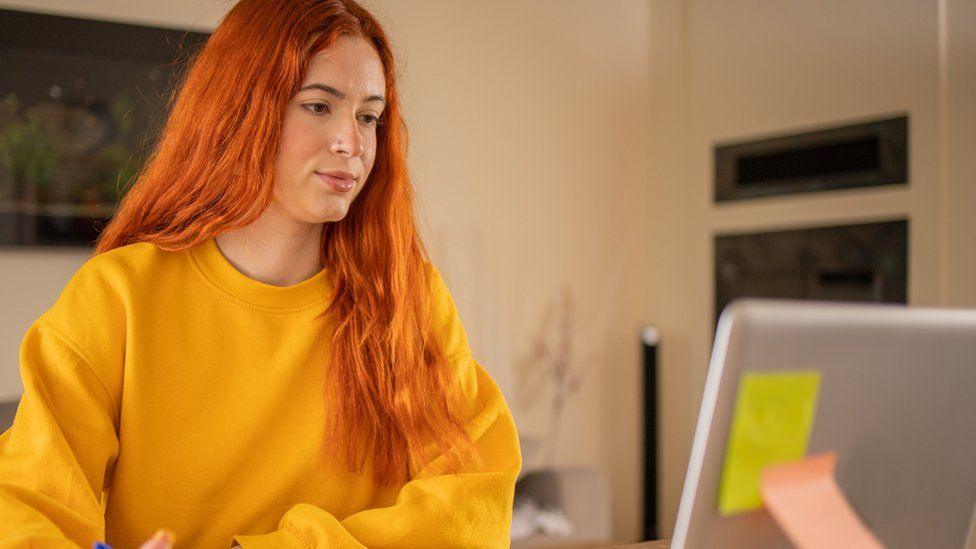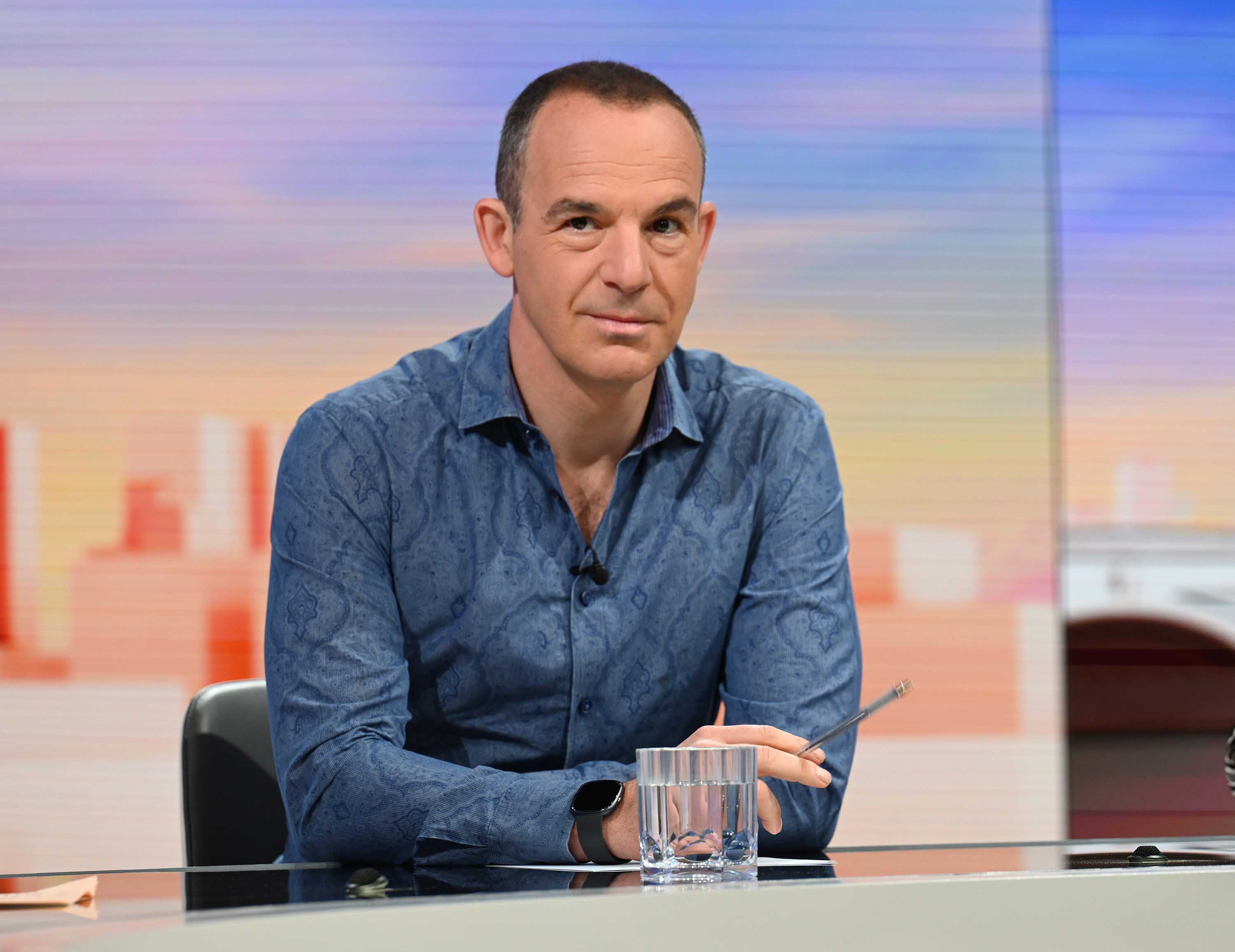Thousands of young people opened A-level, T-level, and other results this summer, including Sam Scoble and Halima Surakat, who both got the grades they needed to secure a place at uni.
But with so much to consider around finances, friends, family expectations and job prospects, deciding whether university is actually the right choice - or not – was a tricky decision.
Here, Sam makes his case for turning down the University of Oxford, while Halima argues that university will be a welcomed step out of her comfort zone – even though it wasn’t the original plan.
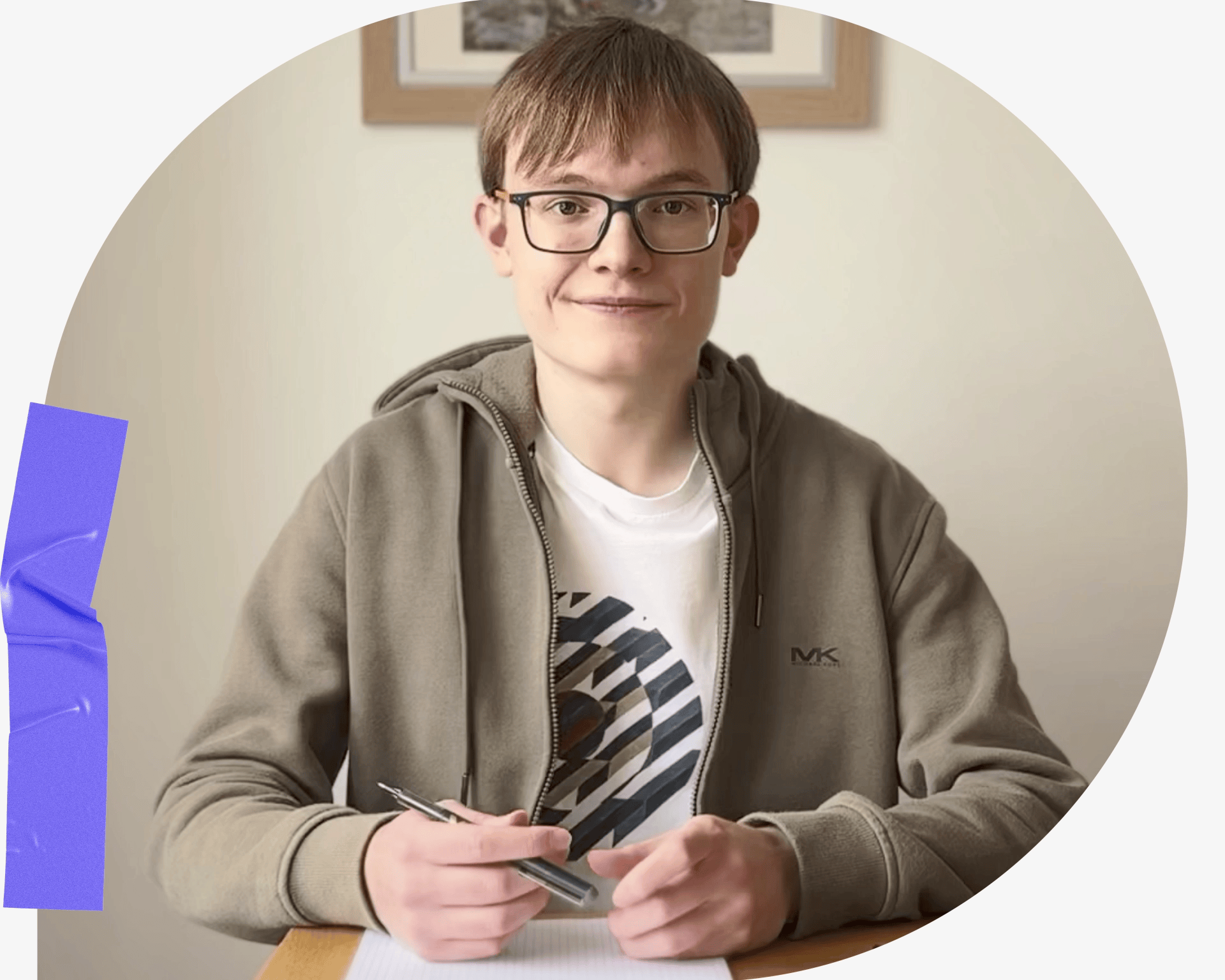
Sam Scoble, 18
Location: Melton, Leicestershire
Subjects studied: A-levels in maths, chemistry, physics, and a BTec in engineering at Melton Vale Sixth Form College
Post-school plans: Turned down a place at the University of Oxford to study engineering science so he could do an employer-sponsored degree at the Dyson Institute
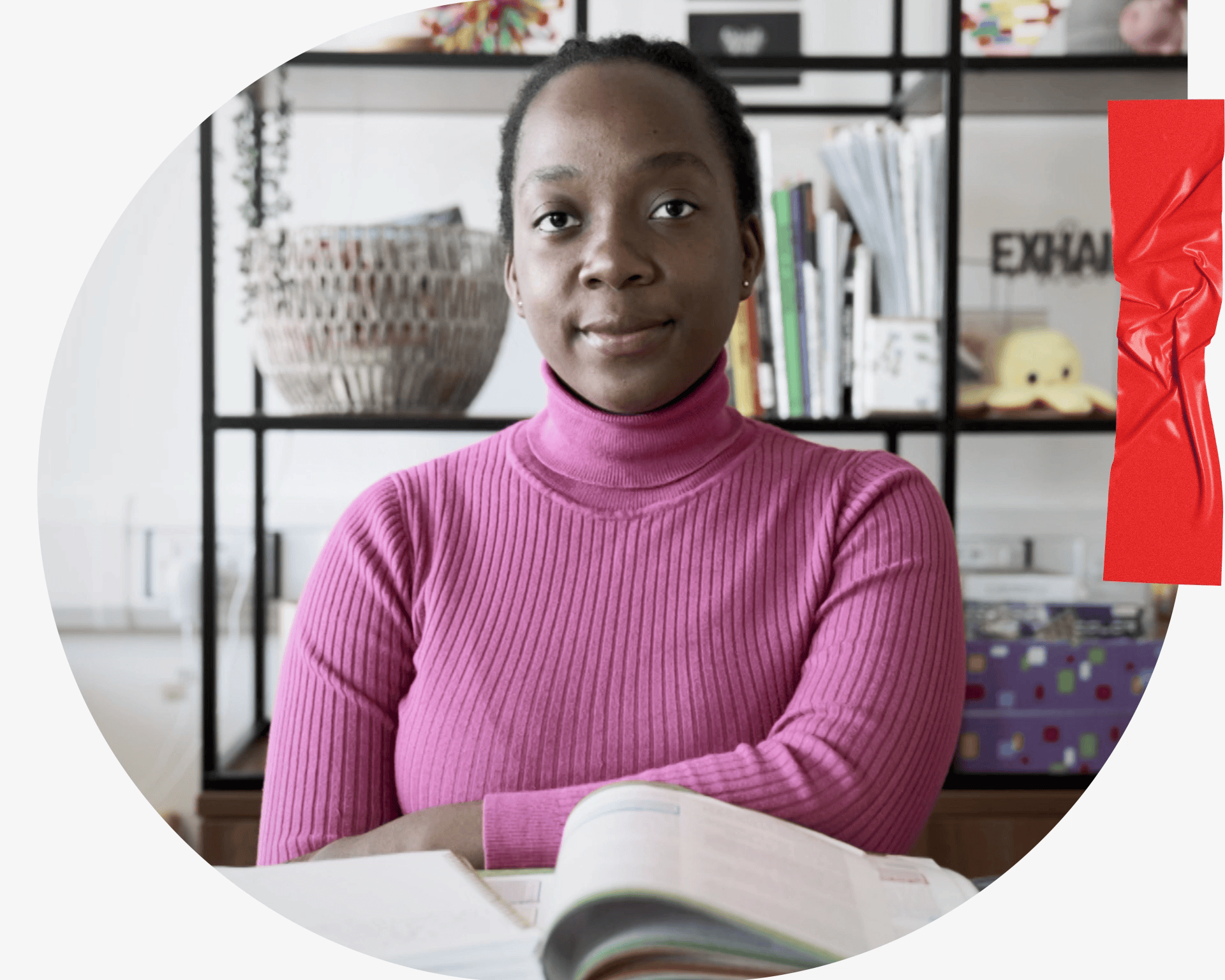
Halima Surakat, 20
Location: Leeds, West Yorkshire
Subjects studied: Level 3 Technical Extended Diploma in Health and Social Care at Leeds City College
Post-school plans: Plans to go to the University of Manchester to study midwifery
What are you planning to do next year?
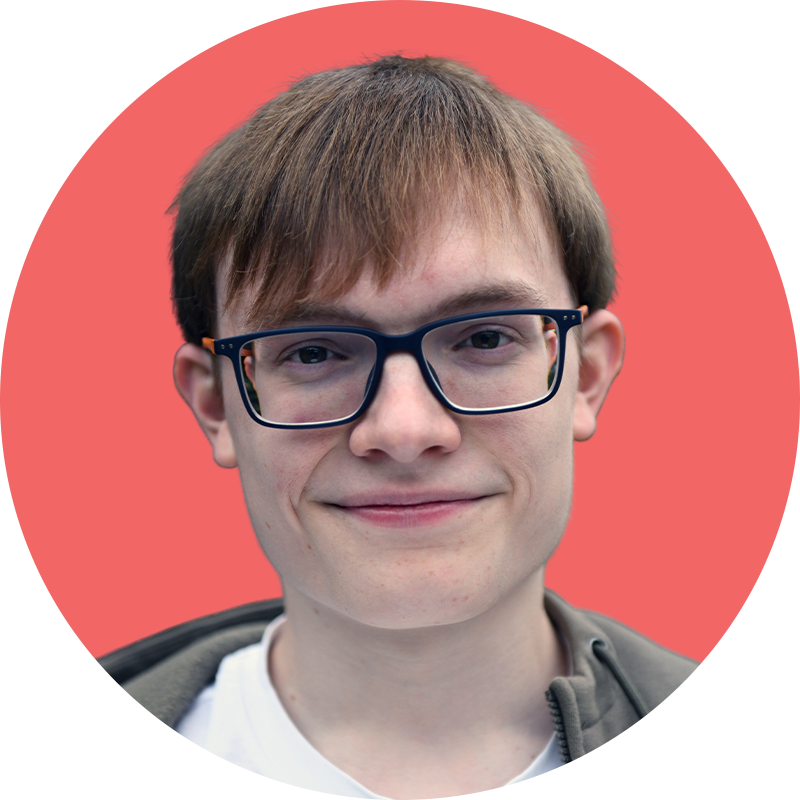
I’ve chosen to accept a place at the Dyson Institute to do a sponsored degree programme. It’s very similar to a degree apprenticeship. You get your degree and you also work alongside it. You earn, get involved with real projects and make a real impact on the business.
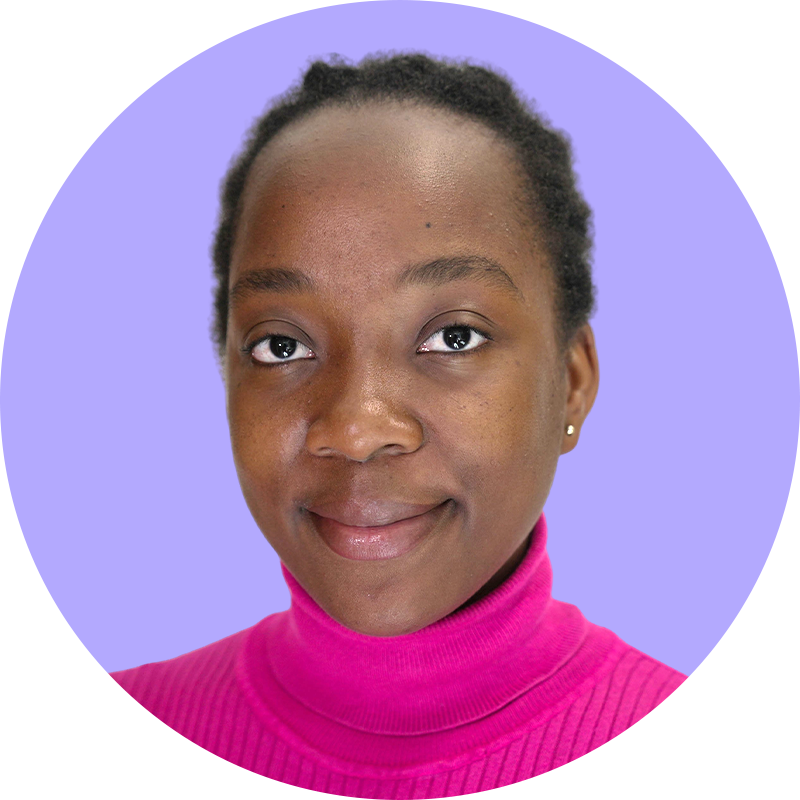
I've chosen to go to university next year to study midwifery. I won't be starting this September due to the fact that I moved here from Nigeria and I'm five months short of the criteria of residency required for student finance.
I deferred my admission so I wouldn’t have to go through the stress of having to apply from the beginning. In the meantime, I've decided to work as a care assistant.

Was it an easy decision?

I received an offer in January to study engineering at Oxford, which obviously is an incredible opportunity. It wasn't an easy toss-up between Oxford and Dyson.
There wasn’t one defining moment that was the make or break of my decision. It was more of a fluid process, lots of pros and cons written down and really thinking about what's best for me personally, in terms of what I enjoy and then financially.

If I were in your shoes, it would have been a very difficult decision for me to make.

I think going down the more practical route allows you to take the things you've learnt academically and then actually apply them and really solidify that knowledge. There are some things that you just can't learn from reading a textbook.

I'm going to uni because I couldn’t find any midwifery apprenticeships available in my area. I've wanted to be a midwife since I was nine. I think my mum just had my younger sister. I was moved and motivated by the big role that midwives play.
Did your family background play into your decision?
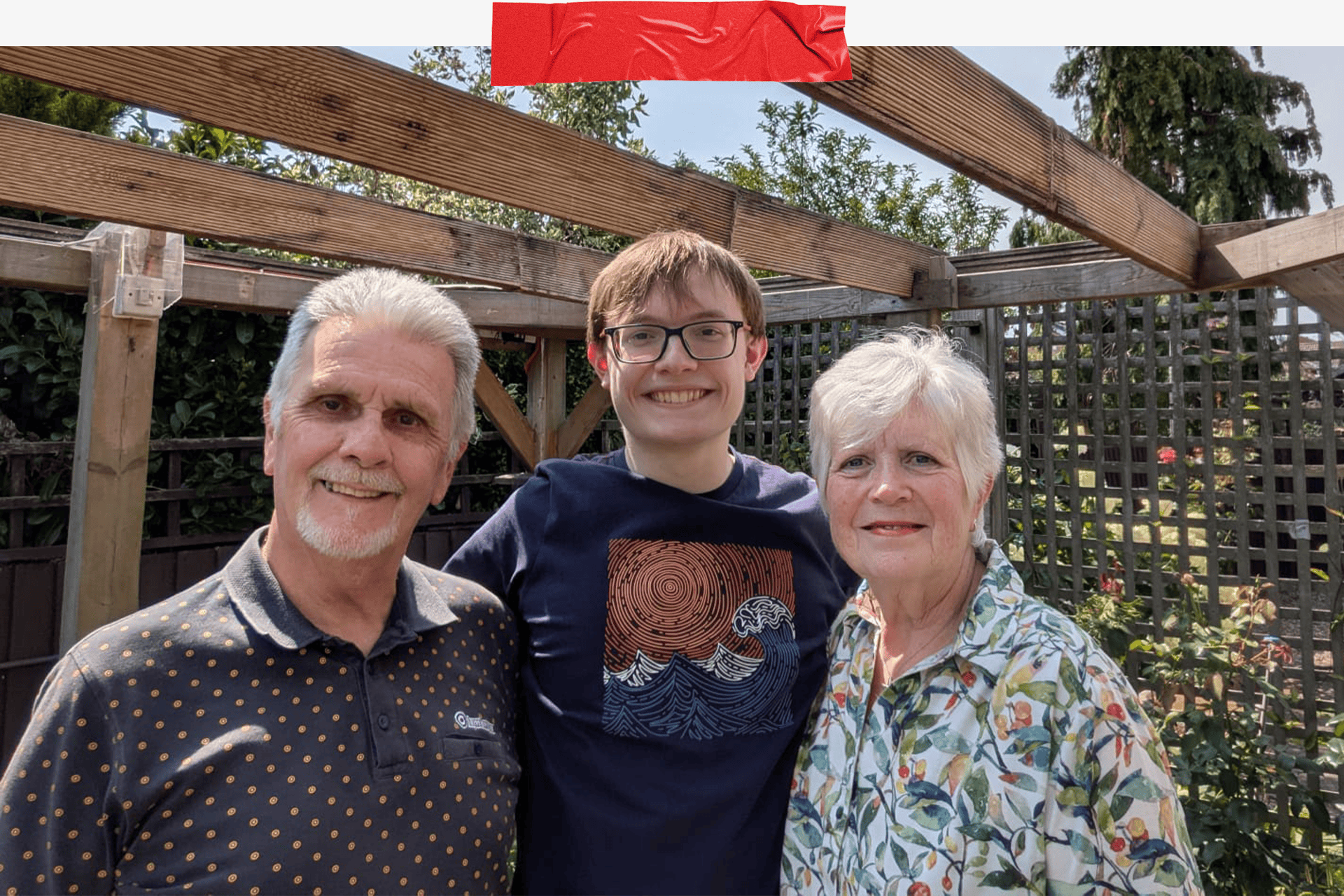

My grandparents didn’t go to university, but they were very keen on my mum going into higher education. My parents met at university and I think it was always on the cards for me to go.
When I got the offer from Oxford, everyone sort of assumed I would take it. My grandparents didn't want me to lose out on all the hard work I'd put in academically by just doing an apprenticeship. I think that's the social norm we've got to break. An apprenticeship means a much broader thing and that style of learning isn't necessarily a step down from university - more a step across.

I lost my mum when I was 15 and I was there when she died. Seeing how the healthcare practitioners went above and beyond while trying to save my mum inspired me. I want to help people and make a difference in their lives.
One of my siblings is a medical doctor and the other one is a pharmacist. I feel like that also motivated me to go into the health and social care sector.
Are you worried about money?

I don't really think the finances bother me because when you start paying back your student loan, it's only a very small percentage of your salary that will be deducted per month, and you don’t start paying until you start earning a certain amount of money.
I'm not worried about everyday costs because I'm very good at budgeting, and I'm currently working which means I'll be able to save up a lot for uni.

When you go to university, you have to take out a loan and then you have money you have to pay back. When you do a sponsored degree programme, you're not taking out a loan and you're earning money. It's like the complete other way.

Your decision is definitely going to give you a financial edge. If I also had that opportunity, I would have grabbed it.
What about job prospects?

To be honest, I'm not really concerned about getting a job because there is a high shortage of midwives across the country.
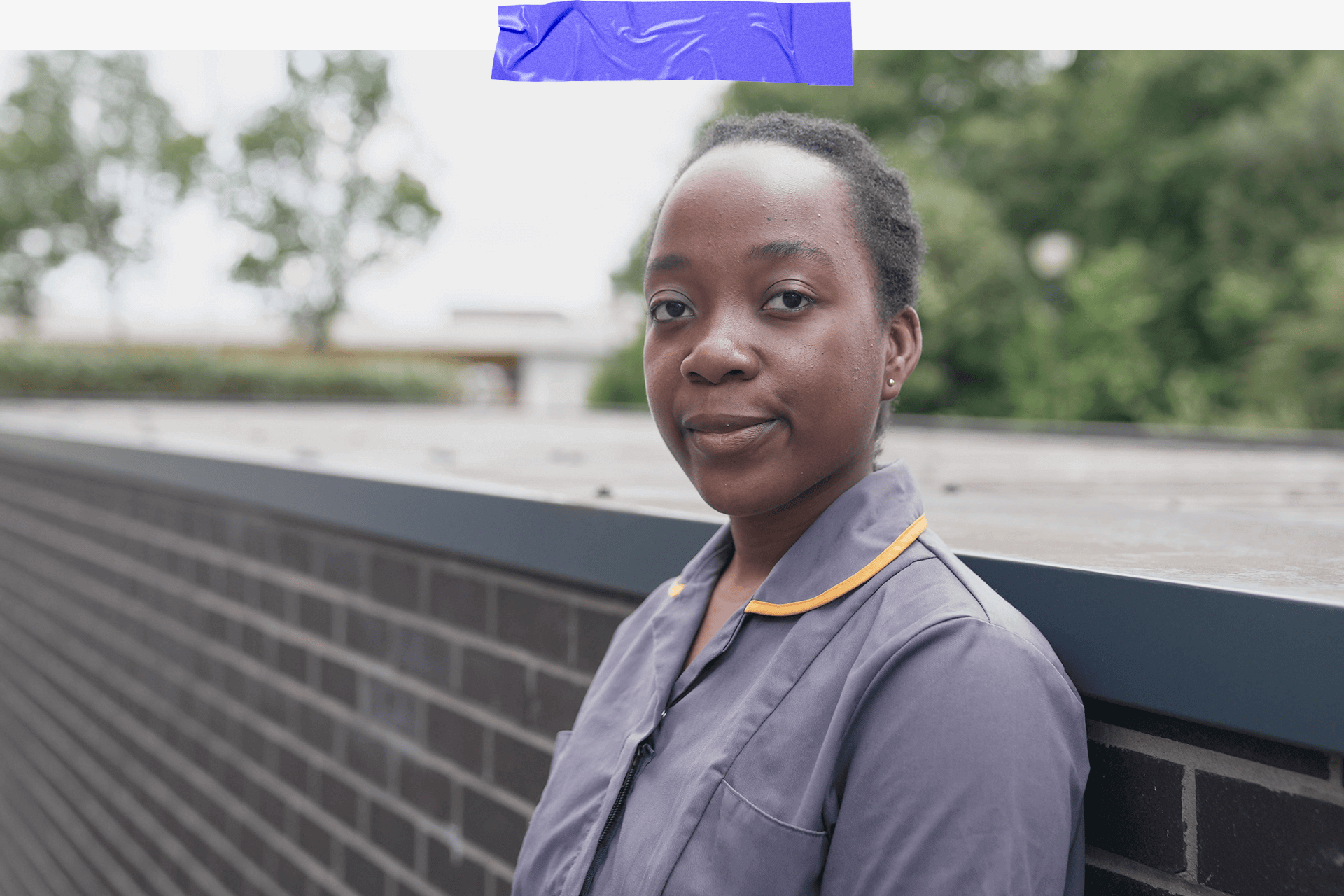

My job prospects seem reasonably secure. There’s a high chance I will have a job at Dyson afterwards, especially after they've invested all that money in me.
If I were to go to Oxford, then there's a lot more freedom to specialise in niche fields or focus on research. But job prospects are not guaranteed.
Anything you are worried about?

Currently, the thought of moving away from home is ringing in my head because I haven't moved away from home before.
I was originally thinking about going to the University of Leeds because it’s only one bus ride away from my family house. But my aunt wouldn’t have it. I need to mix with people and live on my own. She’s trying to help me become more social and independent.
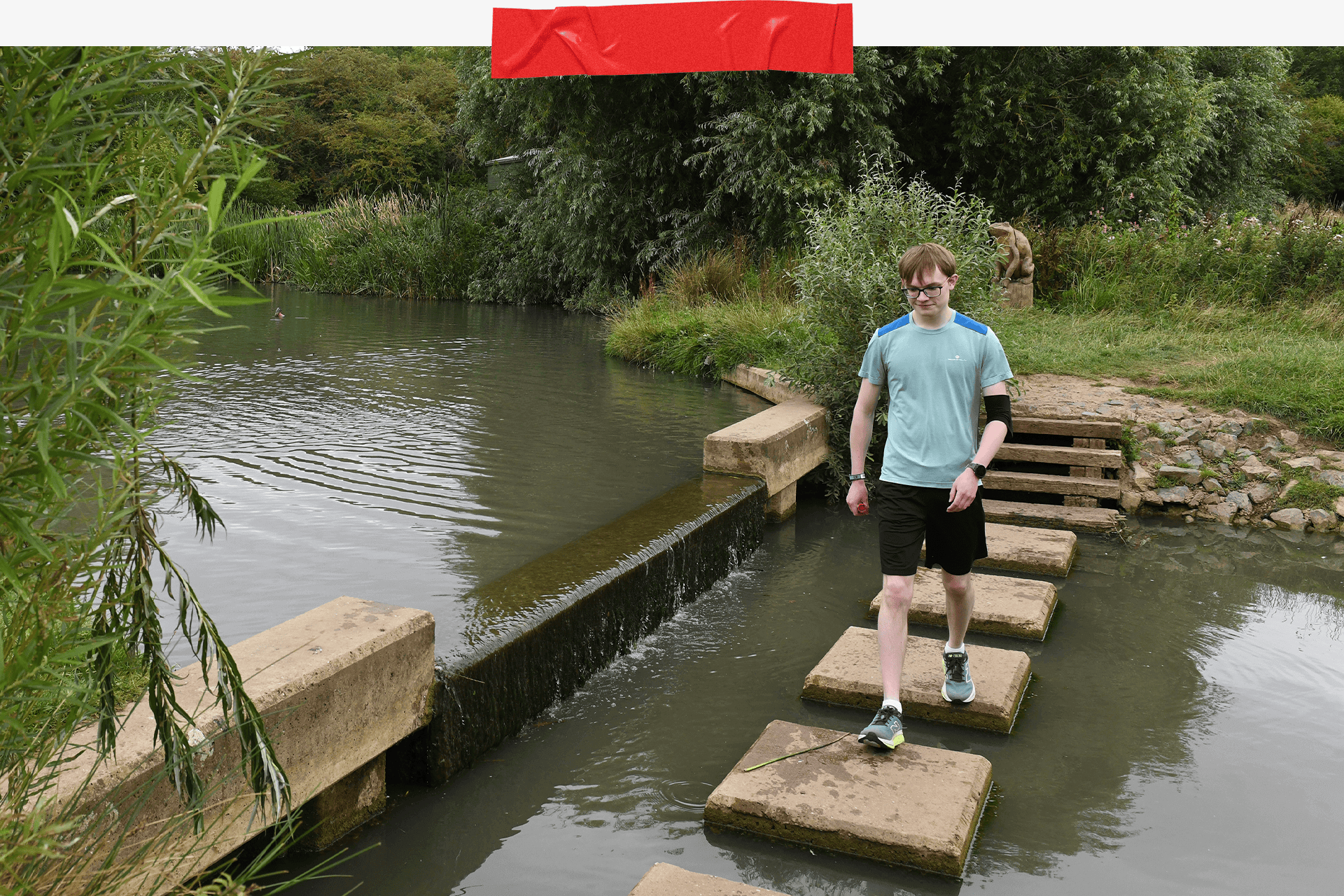

I'm in a similar boat, having not really spent much time away from my family. I think it’s quite a big step and everyone's got to go through it at some point.
For me the biggest worry would probably be the social aspect of things. At Dyson the cohorts are smaller than at university. I'm concerned there won’t be a range of people to interact with, make friends with and experience different things with. But I think Dyson work pretty well to try and foster a sense of community.
Anything else you’d like to say to each other?

I hope your next year is really productive and that you continue with that motivation and passion for caring for people. I think that's a lovely thing and we need more people like that in the world.

All I’m going to say is just keep being you. The sky is your limit.
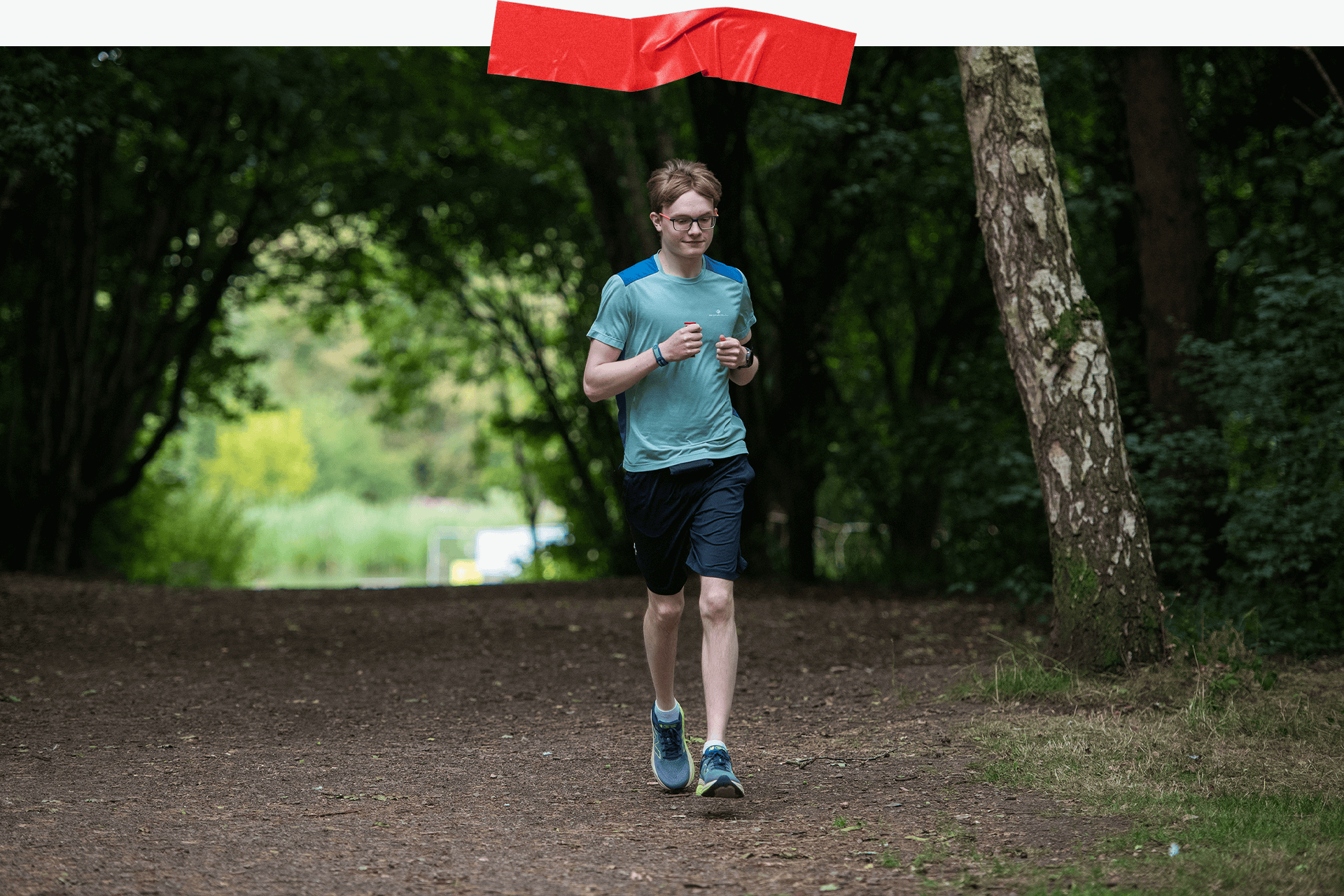
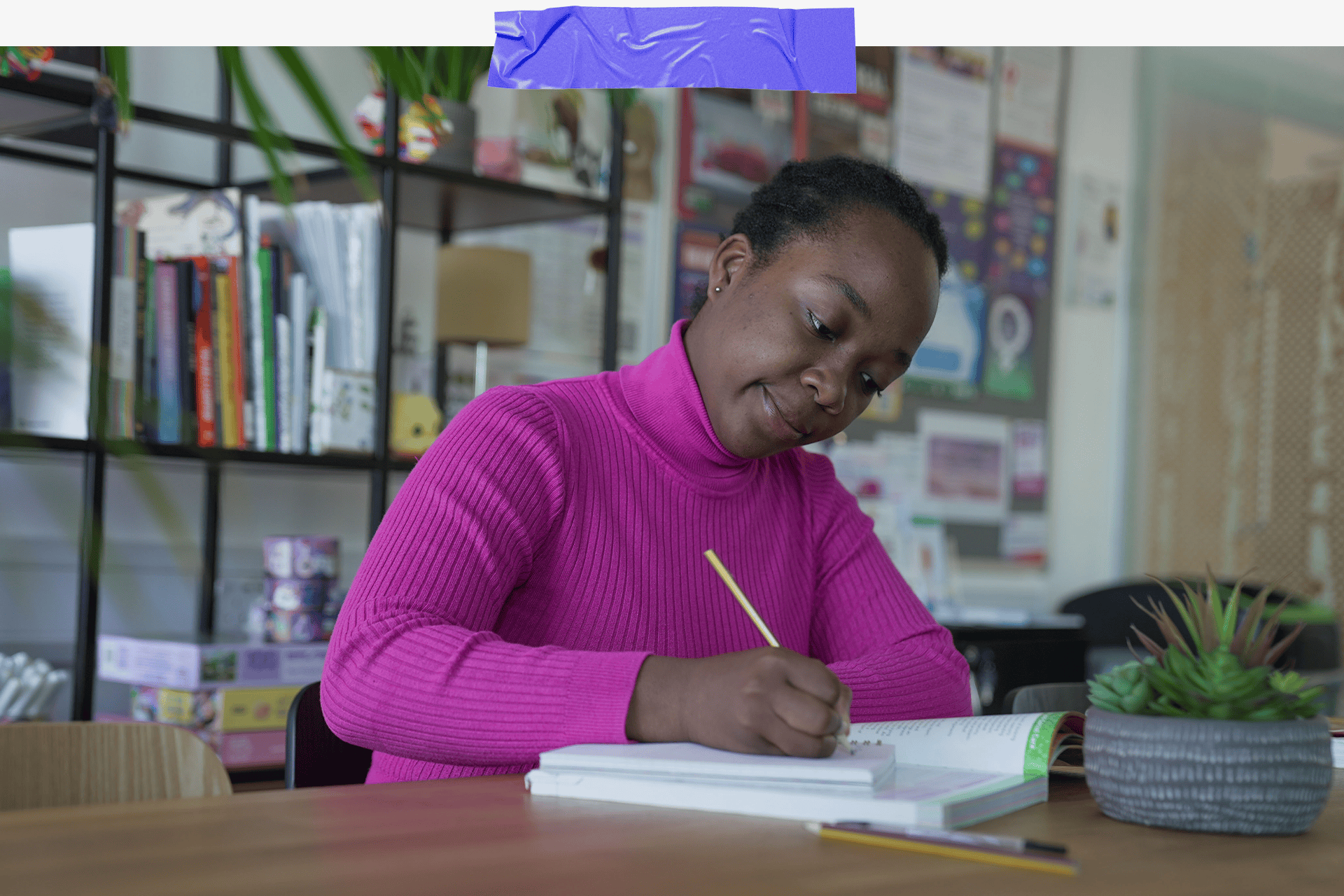
Choosing what to do after school or college isn’t always a straightforward decision – as Sam and Halima’s experiences show.
You might be worried about going against the grain, about money, or fearful of stepping out of your comfort zone.
We’ve got guides on the cost of university, how other options like apprenticeships work, and an interactive quiz on the different options available after school to help you make up your mind.
This article featured an edited transcript of a discussion between Sam Scoble and Halima Surakat.
By Hazel Shearing and Rosemary McCabe. Photographs by Emma Lynch and Gemma Laister

